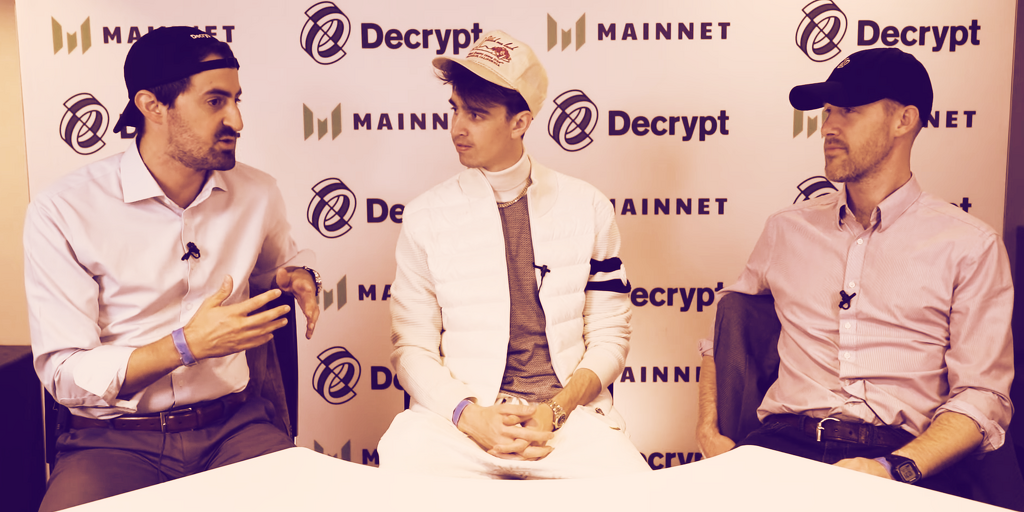In case you haven’t heard, DAOs are all the rage in crypto right now. Proponents of these “decentralized autonomous organizations” see them replacing traditional, centralized corporate models with a flat structure, cryptocurrency-based governance, and enthusiastic participation boosted by community ownership.
But like much of the crypto industry right now, DAOs live in a potentially gray area in terms of regulation. Gary Gensler, chairman of the United States Securities and Exchange Commission, has become more and more vocal lately about the prospect of increased scrutiny of crypto assets—some of which the agency could ultimately deem to be unregistered securities.
DAOs are powered and governed by crypto tokens. Could they fall into regulators’ sights? Cooper Turley, a DAO builder who co-founded the Friends With Benefits social DAO and has worked on such initiatives for Audius, Aave, and others—including as an advisor for Decrypt’s own media DAO—welcomes the potential guidance.
“A lot of us in DAOs are just moving forward at such a rapid pace that I invite those conversations to happen,” Turley told Decrypt this week at the Messari Mainnet conference.
Turley said that he’s unwilling to wait for regulators to chime in—that waiting will only slow down DAO communities that are trying to innovate in the space. Regulation is inevitable, he suggested, and possibly even a good thing—but they’re going to keep building in the meantime.
“We can’t operate in the Wild West forever,” he said. “If we want this to scale to billions of users, we need to have clear guidance here. I’m very happy to be out there launching all of these experiments, but I recognize that at some point in time, things are going to get very serious. I think that’s a good signal that this is not going away anytime soon.”
Why DAOs are hot
The FWB co-founder has had plenty of opportunity to experiment, given his contributions to numerous DAO initiatives. He recently announced that he’s now working full-time on DAOs, in fact, with a focus on building ownership stakes—i.e. tokens. Turley shared with Decrypt why he believes there’s such a swell of interest and excitement around DAO creation right now.
“It’s the spirit of community ownership and transparency,” he said. “It’s allowing people to get involved in your product in a more meaningful way. I think we’re very early, maturity-wise, in this reaching scale—but people are very excited about the premise. That’s why we’re seeing so many people allocating so much energy towards it.”
The concept of a DAO isn’t new, but it’s still early in the wider-scale adoption and implementation of them. Likewise, tools are still being enhanced and refined to help such communities govern themselves, ensure that users are compensated for contributions, and facilitate meaningful dialogue while minimizing noise.
According to Turley, there’s maturity on the horizon as DAOs implement evolving tools and figure out how to develop legal structures to back the concepts. “They’re going from a novelty phase of making a DAO and a token to actually operating as a company—but in a very web3-native way,” he said.




















